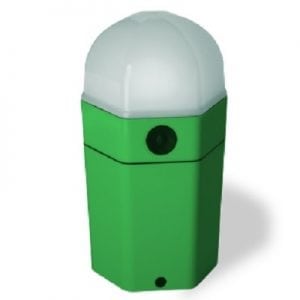
Agriculture
December 11, 2024
A-Light S
Read SolutionImplemented by
Ambros Huber
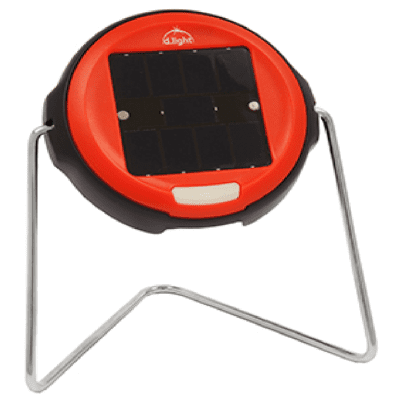
Updated on January 28, 2024
·Created on August 27, 2015
The d.Light S2 was a solar-powered, personal-use LED lantern; it has now been discontinued and succeeded by the d.Light S3.
The d.light S2 was a personal-use LED lantern with an integrated solar panel. It had a metal stand for carrying, hanging or supporting the lantern that allowed it to be directed at any angle from an elevated position. The d.Light S2 was designed by d.Light Design.
In 2019, this product was discontinued, and has been succeeded by the d.Light S3.
Target SDGs
SDG 7: Affordable and Clean Energy
Market Suggested Retail Price
$7.21
Target Users (Target Impact Group)
Household
Distributors / Implementing Organizations
The product was sold by online retailers and locally through d.Light's 25,000 retail outlets across 70 countries worldwide.
Competitive Landscape
Direct competitors include Enviro SL36, Nokero N233, Sun King Eco, and ToughStuff Desk Lamp Kit.
Regions
East Africa
Countries
China, United States
Manufacturing/Building Method
The d.Light S2 was mass-produced in China.
Intellectural Property Type
Patent
User Provision Model
Users can purchase the product from one of d.Light's 25,000 retail outlets across 70 countries or online. Local distribution was previously done through social enterprises such as M-Kopa in Kenya, who now market their own solar products.
Distributions to Date Status
Between all of their solar lighting and power products, d.Light has sold over 20 million units worldwide.
Lamp type
LED
Number of light points
1
Total light output (lumens)
33 lumens
Multiple brightness settings (yes/no)
No
Light duration on single charge (hr)
5.3 hours
Mobile charging (yes/no)
No
Power source
Integrated, monocrystalline silicon solar panel
Battery type
Lithium ion
Peak power rating (Wp)
Unknown
Battery capacity (kWh; mAh)
Unknown
Battery nominal voltage (V)
Unknown
User replaceable battery (yes/no)
Yes
User replaceable light (yes/no)
No
Design Specifications
The S2 has an ultra bright LED (60,000-hour life) an integrated solar panel and battery and a metal stand. In cloudy conditions, it can be charged using a standard Nokia AC charger (not included). It only has one brightness setting, but also features a dual solar / AC battery charge level indicator and a glow-in-the-dark on/off button. It is dust and impact resistant and lightweight (120 g). The package dimensions upon purchase are (WxDxH): 4.0 x 7.0 x 5.8 in
Technical Support
Products within the 2 year warranty period (from the date of purchase) can be returned to the retailer at a user's point of purchase for replacement free of charge. Beyond that, d.Light provide customer support (contact details available here). d.Light stated that the product is 'maintenance-free' on it's page, implying very little technical support is required.
Replacement Components
Replacement products are available under warranty. No replacements parts are available.
Lifecycle
According to d.light, the average product lifetime is well over 5 years. Free 2 year replacement warranty. No information available on disposal.
Manufacturer Specified Performance Parameters
4 Hours of light per full charge, 3x brighter than kerosene and portable (with an adjustable handle and stand). Free 2-Year Replacement Warranty from date of purchase.
Vetted Performance Status
Meets Lighting Global Recommended Performance Targets & Lighting Africa Minimum Quality Standards. From the Lighting Global Standardized Specifications Sheet its total light output is 33 lumens, it illuminates an area of 0.09 m2 with > 50 lux, it provides 130 lumen-hours / solar-day, the full battery run time is 5.3 hours and the rune time per day of solar charging is 3.9 hours. The Comprehensive Initiative on Technology Evaluation (CITE) at MIT evaluated personal-use solar lanterns available on the market in Uganda and published the results in January 2015. The d.Light S2 received a score of 43/100. Full findings are available in their report and as a snapshot synopsis is available in the image included here.
Safety
No listed hazards.
Complementary Technical Systems
Because the system is solar powered, gains in efficiency can only be made in improving the efficiency of solar energy collection or reducing the energy used by the product, although it serves as a complement to many other products.
Academic Research and References
Stanford School of Design is where d.light started and the school still offers courses but it is unclear how much they are still involved with the product.
Several pieces of academic research discuss the impacts of solar lanterns:
2019, Short-Term Impacts of Solar Lanterns on Child Health: Experimental Evidence from Bangladesh. The Journal of Development Studies, 55(11), 2329-2346.
Lemaire, X., 2018, Solar home systems and solar lanterns in rural areas of the Global South: What impact? WIREs Energy Environ, 7(5), e301.
Shepherd, C., 2018, Misreading the night: The shadows and light of a solar technology. The Promise of Prosperity: Visions of the Future in Timor-Leste. J. M. Bovensiepen, ed., ANU Press, pp. 205-221.
Compliance with regulations
IEC Technical Specification 62257-9-5 which is informed by Lighting Global's three complementary sets of test methods —the Quality Test Method (QTM), the Initial Screening Method (ISM), and the Market Check Method (MCM)
CE certification; IEC 60598-1, IEC 60598-2-4, EN 55015, EN 61547 compliance. Country certifications for East & West Africa (SONCAP, PVoC)
Evaluation methods
The Quality Test Method (QTM) is the full test method used to verify comprehensive product performance. Results from QTM testing are used to determine if a product has met the Lighting Global Minimum Quality Standards. Lighting Global Durability tests passed: Drop test, switch cycling, physical ingress protection test, and protection from frequent rain.
The Comprehensive Initiative on Technology Evaluation (CITE) at MIT evaluated personal-use solar lanterns according to comparative framework for evaluation of products, similar to the model used by the U.S. nonprofit organization Consumer Reports along the dimensions of Suitability, Scalability, and Sustainability. Students and faculty collected data on 11 solar lantern models from both field and laboratory tests, as well as through interviews, surveys, and participant observation of product users and Solar Sister distribution agents.
Other Information
Further information on D.light S2 Specification
Product can be purchased on Indiamart

Agriculture
December 11, 2024
Implemented by
Ambros Huber
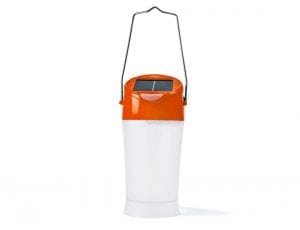
Agriculture
December 11, 2024
Implemented by
d.light
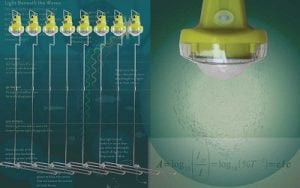
Agriculture
January 17, 2024
Implemented by
Omnivoltaic Energy Solutions
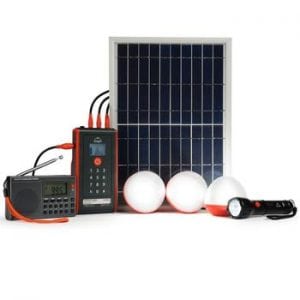
Agriculture
December 7, 2024
Implemented by
d.light
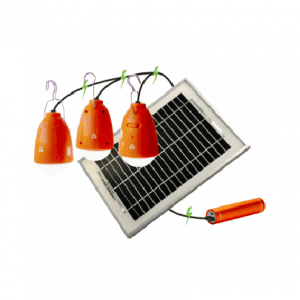
Agriculture
December 30, 2023
Implemented by
EcoZoom
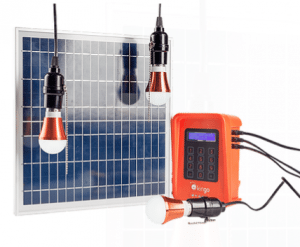
Agriculture
December 7, 2024
Implemented by
Kingo Energy
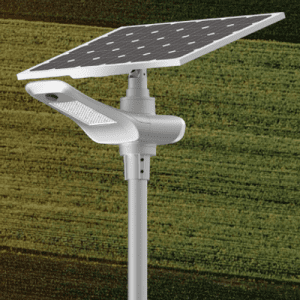
Agriculture
January 19, 2024
Implemented by
RoadSmart
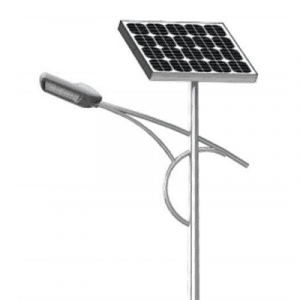
Agriculture
January 28, 2024
Implemented by
Soleil Power
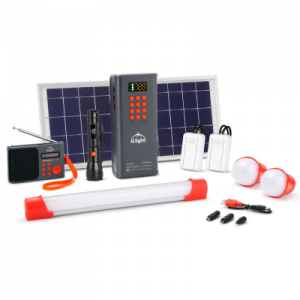
Agriculture
January 25, 2024
Implemented by
d.light
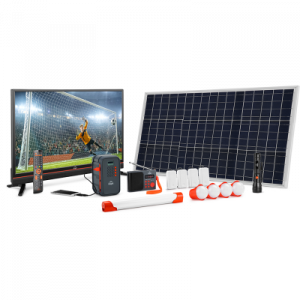
Agriculture
December 18, 2024
Implemented by
d.light
Have thoughts on how we can improve?
Give Us Feedback